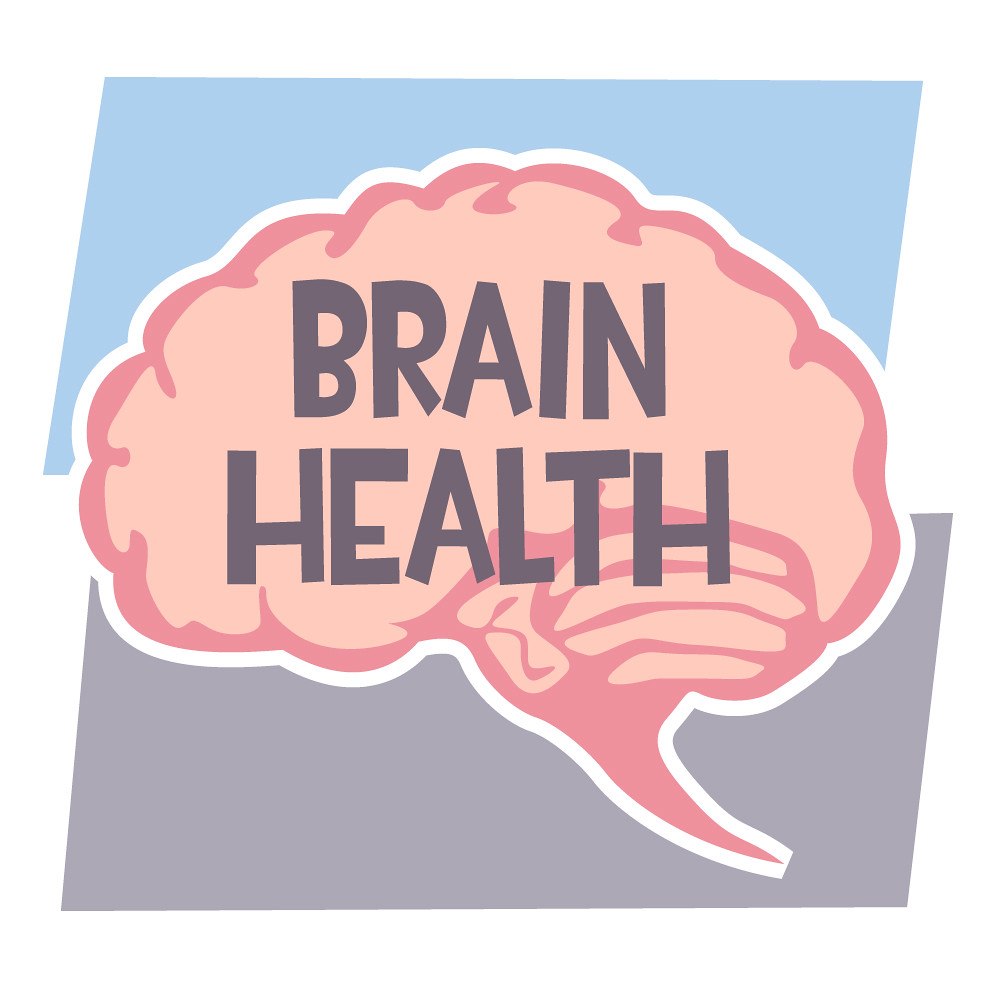The human brain, a marvel of nature, is responsible for our thoughts, emotions, memories, and actions. As we age, maintaining cognitive health becomes paramount. While genetics and lifestyle play a role, the foods we consume can significantly impact our brain’s functionality. In this comprehensive guide, we’ll explore the top foods known to enhance memory, focus, and overall brain health, ensuring that your mind remains sharp and agile throughout the years.
Introduction: The Brain-Food Connection
The intricate relationship between the foods we eat and our brain’s performance is an area of growing interest and research. Certain nutrients, found abundantly in specific foods, have been identified as potent brain boosters. These nutrients not only nourish the brain but also protect it from oxidative stress and inflammation, factors that can contribute to cognitive decline.
An enlightening exploration by Live Healthy Over 50, delving into the best foods for brain health and their transformative effects on cognitive function.
Omega-3s: The Brain’s Building Blocks
Fatty fish, such as salmon and mackerel, are rich in omega-3 fatty acids. These essential fats are crucial for brain health, aiding in memory, focus, and even mood regulation. Omega-3s are integral to the construction of brain and nerve cells, and a deficiency can lead to learning impairments and feelings of depression.
Broccoli: The Green Brain Guardian
This cruciferous vegetable is a powerhouse of nutrients, including vitamin K, which plays a pivotal role in brain function and memory. Additionally, broccoli’s anti-inflammatory and antioxidant properties protect the brain from potential damage.
Blueberries: Nature’s Brain Berries
Packed with antioxidants, blueberries are champions in combating oxidative stress and inflammation, factors that can accelerate brain aging. The anthocyanins in blueberries also enhance communication between brain cells, fostering better cognitive function.
Turmeric: The Golden Spice of Memory
Curcumin, the active ingredient in turmeric, is known for its brain-boosting properties. It can cross the blood-brain barrier, acting as an antioxidant and anti-inflammatory agent. Curcumin has shown potential in enhancing memory and even clearing amyloid plaques linked to Alzheimer’s disease.
Coffee: The Brain’s Wake-Up Call
Beyond its role as a morning ritual, coffee contains caffeine and antioxidants that benefit the brain. Caffeine blocks adenosine, a chemical that induces sleepiness, and boosts neurotransmitters like dopamine, enhancing alertness and mood.
Nuts and Seeds: Brainy Snacks
Regular consumption of nuts, especially walnuts, has been linked to better cognitive health. Nuts are rich in healthy fats, antioxidants, and vitamin E. Pumpkin seeds, in particular, are loaded with magnesium, iron, zinc, and copper, essential minerals for brain health.
Conclusion: Nourishing the Mind
The journey to optimal brain health is multifaceted, with diet playing a crucial role. By incorporating these brain-boosting foods into your daily meals, you’re not only tantalizing your taste buds but also ensuring that your brain remains vibrant and healthy. Remember, the brain is a powerful organ, and with the right nourishment, its potential is limitless.
Engage with Us: Have you experienced the benefits of these brain-boosting foods? Share your stories, recipes, and questions in the comments below. Let’s cultivate a community dedicated to cognitive well-being.
Spread the Knowledge: If you found this guide valuable, consider sharing it with your network. Together, we can champion a culture of health, knowledge, and lifelong learning.
This detailed guide is based on insights from the video “7 Foods That Supercharge Your Memory And BRAIN Health” by Live Healthy Over 50. All credits to the creator and the channel. For a visual breakdown and more in-depth discussions, watch the video above.
Blog Tags: Brain foods, cognitive health, omega-3 fatty acids, brain-boosting nutrients, antioxidants, inflammation, memory enhancement, brain aging, turmeric, blueberries, coffee, nuts, seeds, brain health, Live Healthy Over 50, dietary choices, cognitive function.










